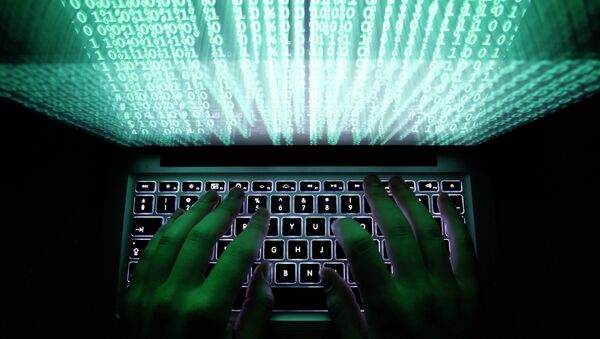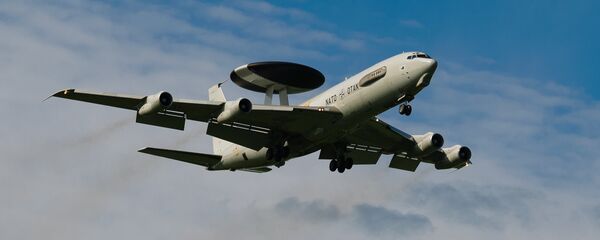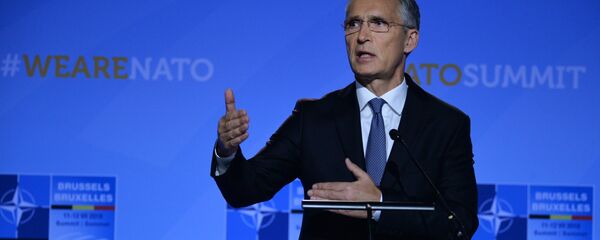"Cyberattacks are becoming more frequent, more complex and more destructive. From low-level attempts to technologically sophisticated attacks. They come from states, and non-state actors. From close to home and from very far away. And they affect each and every one of us," the secretary said, before noting that "NATO is not immune."
"We register suspicious events against NATO cyber systems every day. And cyber threats will become more dangerous with the development of new technologies. Such as artificial intelligence, machine learning and deep fakes."
The Norwegian official later noted that NATO officials have agreed that a cyberattack could in the future trigger Article 5 of the bloc's founding treaty, which dictates that an attack against one member can and will be treated as an attack against the whole of the military alliance.
Among other points, he also stated that the integration of each member's cyber capabilities has made the bloc "more effective in cyberspace," and that the alliance is making sure members increase investment in cyber defenses and booming technologies.
"For deterrence to have full effect, potential attackers must know that we are not limited to respond in cyberspace when we are attacked in cyberspace," Stoltenberg stressed. "We can and we will use the full range of capabilities at our disposal."
It's presently unclear what exactly makes up NATO's "full range of capabilities," as neither Stoltenberg nor UK Foreign Minister Jeremy Hunt expounded on the matter at the conference. Hunt remarked that "we need to balance clarity about our determination to act with constructive ambiguity about exactly what we would do in specific circumstances."
Stoltenberg's remarks at the conference came as Hunt accused Russia of perpetrating cyberattacks on the infrastructure of several countries in a bid to find vulnerabilities.
"This global campaign [by Russia] also seeks to compromise central government networks," Hunt continued. "I can disclose that in the last 18 months, the National Cyber Security Centre has shared information and assessments with 16 NATO Allies — and even more nations outside the Alliance — of Russian cyber activity in their countries."
Recalling alleged Russian efforts to meddle in both Ukrainian and American presidential elections in 2014 and 2016, respectively, Hunt further stated that "authoritarian states possess ways of undermining free societies that dictators of earlier times would have envied."
Of course, the first shot in cyberwarfare is widely acknowledged to have been fired by the US and Israel. They are understood to have created Stuxnet, a malicious computer worm developed as tool to derail Iranian nuclear research. Stanford's Center for International Security and Cooperation has identified the tool as the "world's first cyber weapon" that sent "shock waves throughout the tech community." And in many cases it is the US' own cyberweapons it and other countries now fear being used against them.
"Recent events demonstrate that our adversaries regard democratic elections as a key vulnerability of an open society. If cyber interference were to become commonplace, the danger is that authoritarian states would damage public confidence in the very fabric of democracy," he added.
Moscow has repeatedly denied allegations that it has carried out attacks against other states in cyberspace and that it has meddled in any electoral processes.
Commentary from both officials come nearly a week after the EU adopted a new sanctions regime meant to target hostile actors dabbling in cyberattacks. The policies will involve travel bans and asset freezes.
Tensions between the UK and Russia came to a boil in 2018 over the poisoning of former Russian intelligence officer Sergei Skripal and his daughter Yulia. As a result of the incident, London expelled Russian diplomats from the country, alleging that the attack was carried out at the behest of the Russian government, which has refuted the claim and called for an independent investigation. Moscow subsequently expelled UK diplomats from Russia.
Stoltenberg's meetings in London are part of larger preparations for a NATO summit in the capital, which is expected to occur in December 2019.





